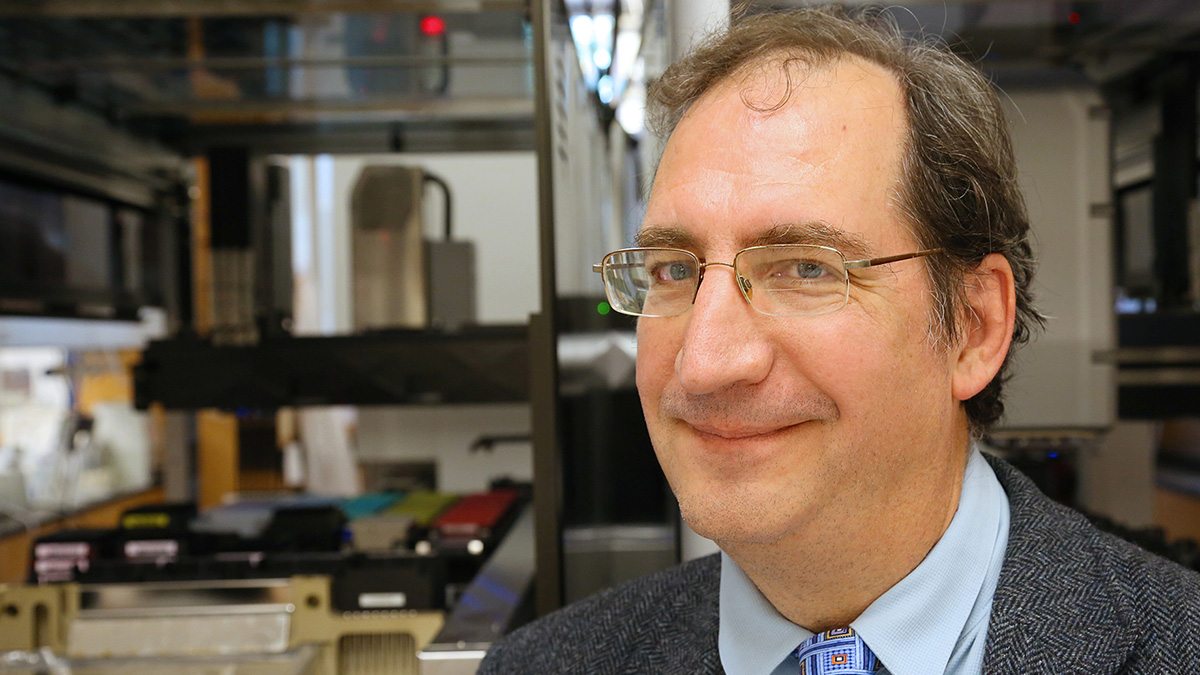Scientists create non-psychedelic compound with same antidepressant effect
A research team from UNC-Chapel Hill, UC San Francisco, Yale, Duke and Stanford developed a new compound that hits the same brain cell target as psychedelic drugs, triggering long-lasting antidepressant action without psychedelic effects.

While illegal for recreational use, psychedelic drugs are showing great promise as treatments for severe depression and anxiety, as well as alcohol addiction and other conditions. Some advocates and scientists believe the actual psychedelic trip — hallucinations and profound emotional experiences — is what leads to long-lasting therapeutic effects. Other scientists speculate that if the “trip” could be eliminated from such drugs, then only the therapeutic effects might remain.
Researchers at UNC-Chapel Hill, UC San Francisco, Yale, Duke and Stanford have taken a major step toward answering that question.
Published in “Nature,” this research shows it’s possible to create a compound that hits the same exact target as psychedelic drugs hit – the 5-HT2A serotonin receptors on the surface of specific neurons – but does not cause the same psychedelic effects.
“We were very surprised the compound had any antidepressant activity similar to ketamine and psilocybin, both rapidly acting antidepressant psychedelic drugs,” said co-senior author Dr. Bryan L. Roth, the Michael Hooker Distinguished Professor of Pharmacology at the UNC School of Medicine and director of the NIMH Psychoactive Drug Screening Program. “We were basically running a chemistry experiment to see if we could create a compound to activate 5-HT2A.”
The compound is patented by Yale, UNC-Chapel Hill and UCSF and licensed to Onsero, a company created to fine-tune experimental compounds before they can be further tested in clinical trials.
“We don’t know if we’ll see the same effects in people,” Roth said. “But we hope to find out. It would be a game changer to create a one-dose, long-acting therapy to help people with treatment-resistant depression and other conditions.”




